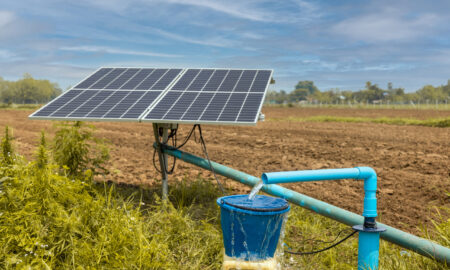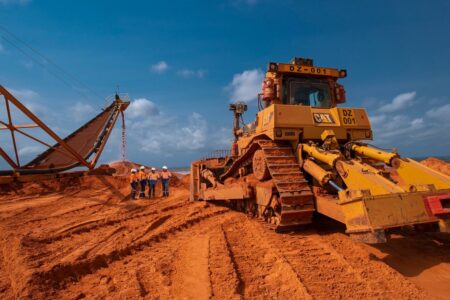Imagine an Africa where farmers can detect parasites in their livestock by a simple scan of a handheld machine. Where road networks allow swift transportation of produce to markets. Where farmers can access finance and be adequately insured against natural disasters by a simple click of a button. The reality across the continent is one of
[elementor-template id="94265"]










